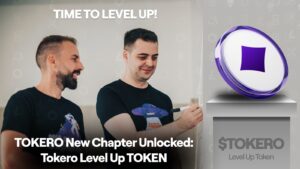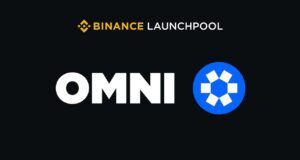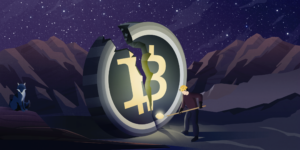Two years of Google Operating System
2004 posts, 11302 comments, 4400000 unique visitors, two years of Google Operating System. When this blog started, Google didn’t have many products that get a lot of attention today.
The list didn’t include Google Docs, Google Calendar, Picasa Web Albums, Google Apps, YouTube. Gmail was still invite-only, iGoogle was launched in May 2005 and Google expanded in the geo-space with the acquisition of Keyhole (Google Earth) and the launch of Google Maps.
“Another day, another rocking Google service. Google Maps is now launched and is easily a better mouse trap vs. the withering no innovation competition of Mapquest and Yahoo Maps. It has a better user interface, layout, and features.
They include real-time zooming, ability to click and drag maps, ability to use the keyboard to move around, driving directions, traffic conditions, and instant location of businesses in the area.” (FirstAdopter.com, February 2005)
“Last Thursday, Google launched a personalized homepage. (…) For many years, Yahoo! has had the industry-leading portal (and still does, in almost everyone’s opinion). (…) So why would Google launch a portal that can’t compete content-wise with Yahoo ?
The Fool contemplates that the company is going to leverage personalization to sharpen its paid-search machine.” (Rick Whittington, May 2005)
From 4,989 employees in September 2005 to 15,916 two years later, from $343.37 in October 2005 to $654.56 last week for GOOG, from acquiring Blogger to buying YouTube, what has changed except for the size? We expect more from Google and the mistakes are more visible.
The secrecy is still there, even if Google made efforts to become more open, there are less new products and more new features, the products integrate with each other, the user interface is more polished and Google’s steps seem less random.
People find less reasons to leave the browser as Google’s applications become mature, but there’s still no community, no social layer that connects these apps in a consistent way. Google is now a verb and, for many, it’s synonymous with search and finding things online.
“Google is not a conventional company. We do not intend to become one. (…) Sergey and I founded Google because we believed we could provide a great service to the world—instantly delivering relevant information on any topic. Serving our end users is at the heart of what we do and remains our number one priority. (…)
We want Google to become an important and significant institution. That takes time, stability and independence. We bridge the media and technology industries, both of which have experienced considerable consolidation and attempted hostile takeovers.” (“An owner’s manual” for Google’s shareholders, 2004)
One is blogging about Google and its immediacy, two is about looking back and noticing the leaps. What has changed and what’s unchanged?
Google Factory Tour – May 19, 2005 (339 minutes, the slides)



